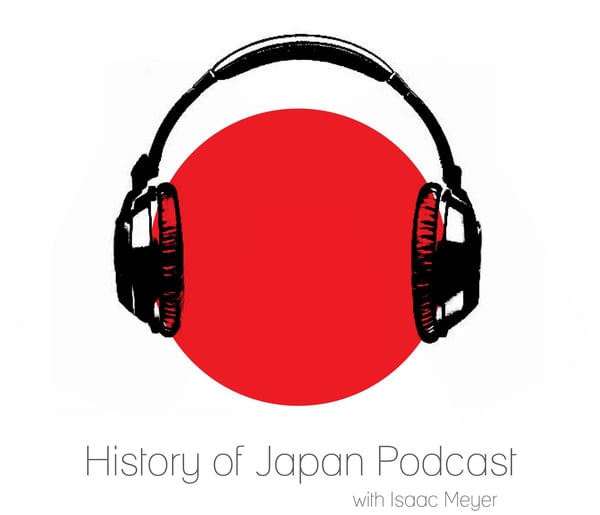Episode 96 - The Dragon and the Rising Sun, Part 6
History of Japan
Isaac Meyer
4.8 • 744 Ratings
🗓️ 11 April 2015
⏱️ 27 minutes
🧾️ Download transcript
Summary
This week, we're turn to the modern Sino-Japanese relationship. After 1978, the communist party assumed a different form under the leadership of Deng Xiaoping. How did those changes affect diplomacy between China and Japan? And what on earth happened to lead to the modern fraught relationship between East Asia's two most powerful states?
Transcript
Click on a timestamp to play from that location
| 0:00.0 | This week's episode is brought to you by Audible. |
| 0:04.0 | Audible has over 150,000 titles to choose from, all compatible with iPhone, Android, Kindle, or your MP3 player of choice. |
| 0:14.0 | For listeners of the show, Audible is offering a free 30-day trial membership, complete with credit for a free audiobook of your choice. |
| 0:21.5 | You can cancel any time and keep the free book, or keep going with one of Audible subscription |
| 0:26.1 | offers. |
| 0:27.3 | Go to audibletrial.com slash Japan to claim your offer. |
| 0:32.0 | This week, I'm going to recommend The Grace of Kings, the Dandelion Dynasty, by Ken Liu. |
| 0:38.4 | It's a fascinating retelling of one of the oldest tales in East Asian history, the battle |
| 0:43.5 | between the bandit-turned-warlord Liu Bang, and the brilliant but ruthless aristocrat Xion Yu |
| 0:49.2 | for control of China. |
| 0:52.0 | I can't say enough how much I love it for doing something new and unusual |
| 0:55.9 | and most importantly fun with a 2000-year-old story. Go to audible trial.com slash Japan |
| 1:02.7 | to claim your copy. Hello and welcome to the History of Japan podcast. |
| 1:24.9 | Episode 97, The Dragon and the Rising Sun, Part 6. |
| 1:30.2 | The death of Mao Zedong in September 1976 marked a turning point in Chinese history. |
| 1:37.9 | Not that you would know it immediately, before his death, Mao named a successor, a middling |
| 1:43.5 | official named Huagwo Feng. |
| 1:46.4 | Hua was a committed Maoist, that's why he was picked. |
| 1:49.7 | He was more moderate than Mao, though, and in particular he's the one who gets a lot of credit |
| 1:54.2 | for finally sticking a cork in the Cultural Revolution. |
| 1:58.6 | We didn't talk much about this last time because there's so much to cover in the life of |
| 2:03.0 | Chairman Mao, but the cultural revolution was started in 1966 by Mao himself. |
... |
Please login to see the full transcript.
Disclaimer: The podcast and artwork embedded on this page are from Isaac Meyer, and are the property of its owner and not affiliated with or endorsed by Tapesearch.
Generated transcripts are the property of Isaac Meyer and are distributed freely under the Fair Use doctrine. Transcripts generated by Tapesearch are not guaranteed to be accurate.
Copyright © Tapesearch 2025.

